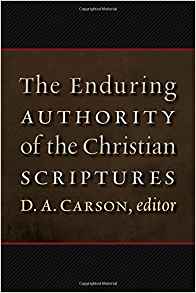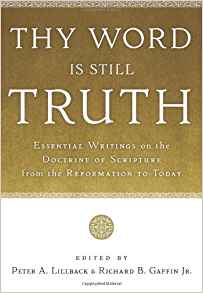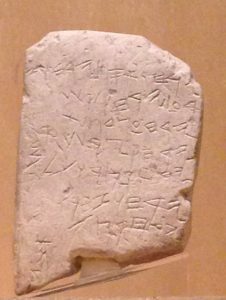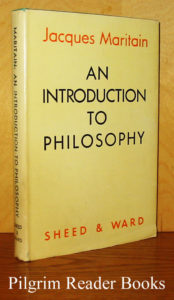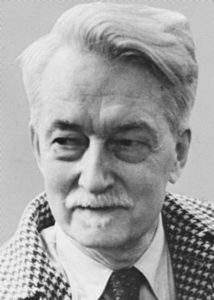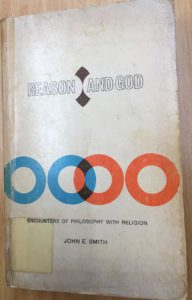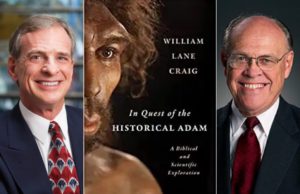
William Lane Craig’s new book, In Quest of the Historical Adam, has an extended discussion on the relationship between Genesis and the myths found in the mythic literature of the Ancient Near East. Based on what he identifies as myth-like elements found in Genesis, Craig concludes that Genesis should be classified as “mytho-history”.
Craig attempts a nuanced treatment of “myth” as he affirms that some elements in Genesis are historical, like the genealogies. He affirms that Adam and Eve were real people who constitute the fount of all humanity. However, his proposal that Genesis should be regarded as “mytho-history” has drawn criticism from John Oswalt, a prominent Old Testament scholar who explains that “A myth is an oral or written narrative that functions to make actions of the gods, presumed to be constantly occurring in the invisible realm, effective in the world of time and space. In short “mytho-history” is an oxymoron. Myths are a-historical by nature.”
Excerpts from the interview, Craig’s Quest for the Historical Adam: A Response from John Oswalt (Part 2) Continue reading “William Craig’s Quest for the Historical Adam: A Response from John Oswalt”
